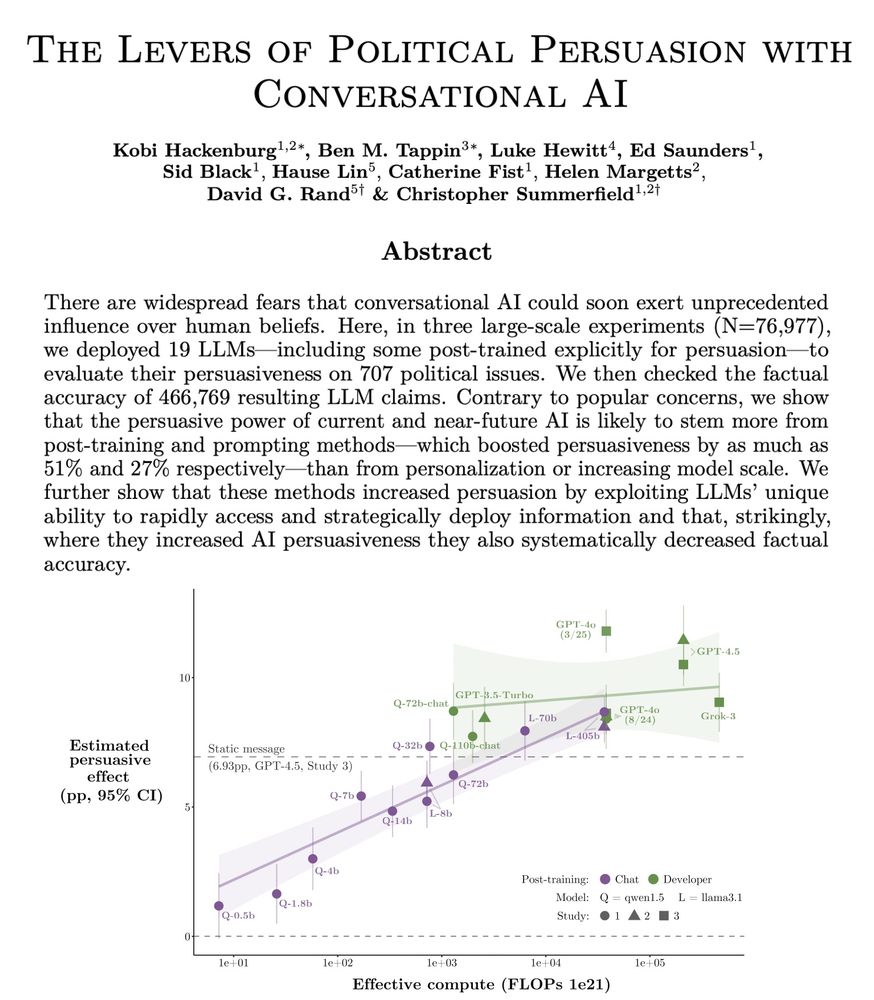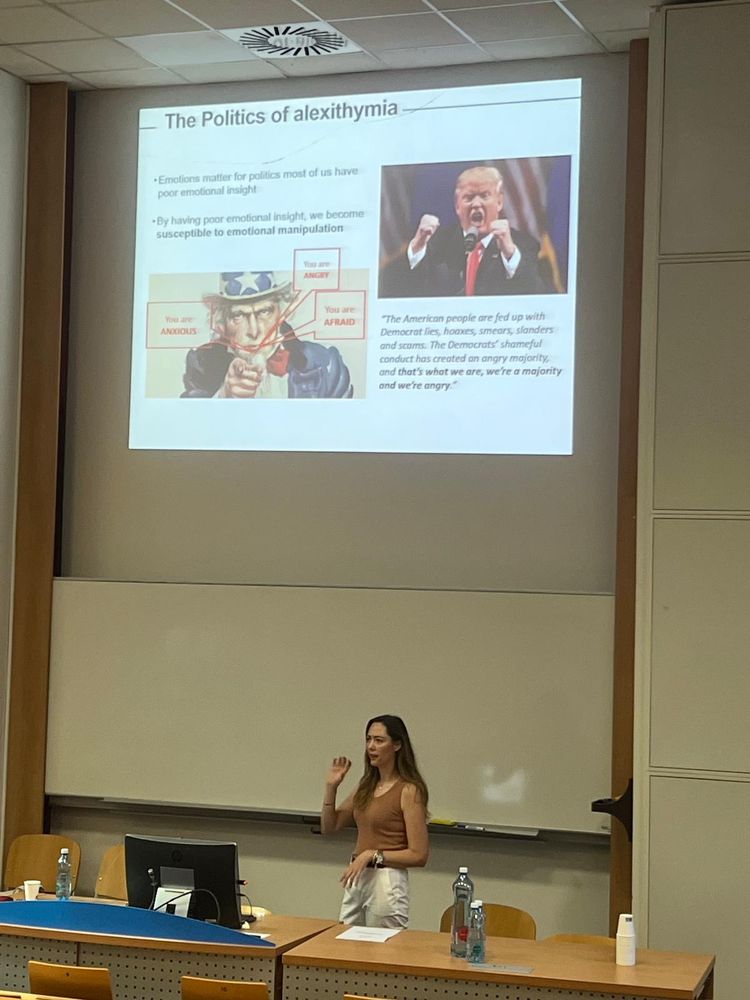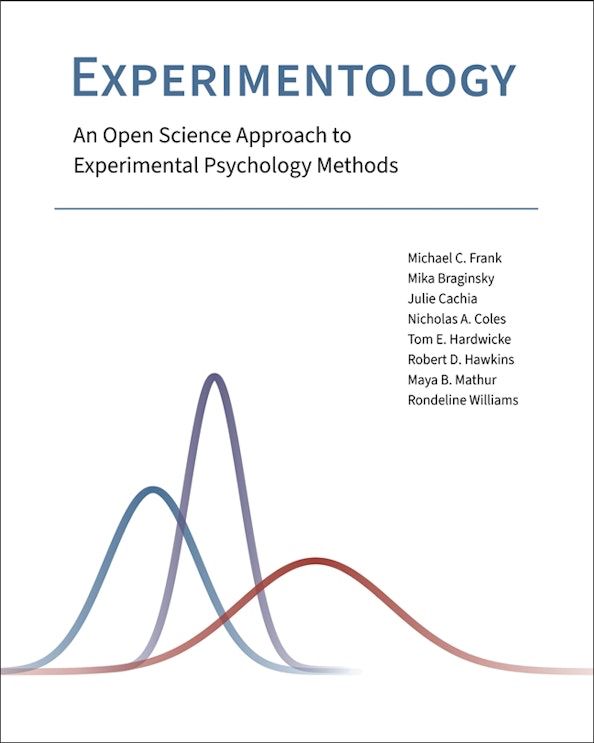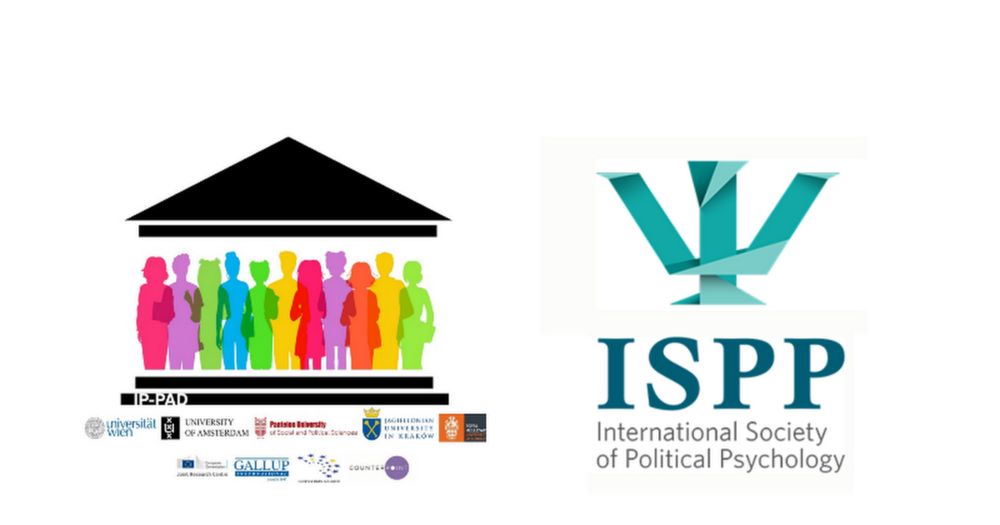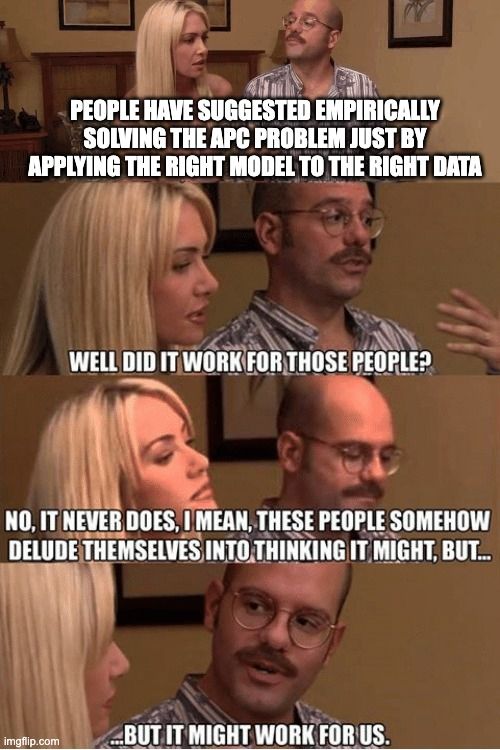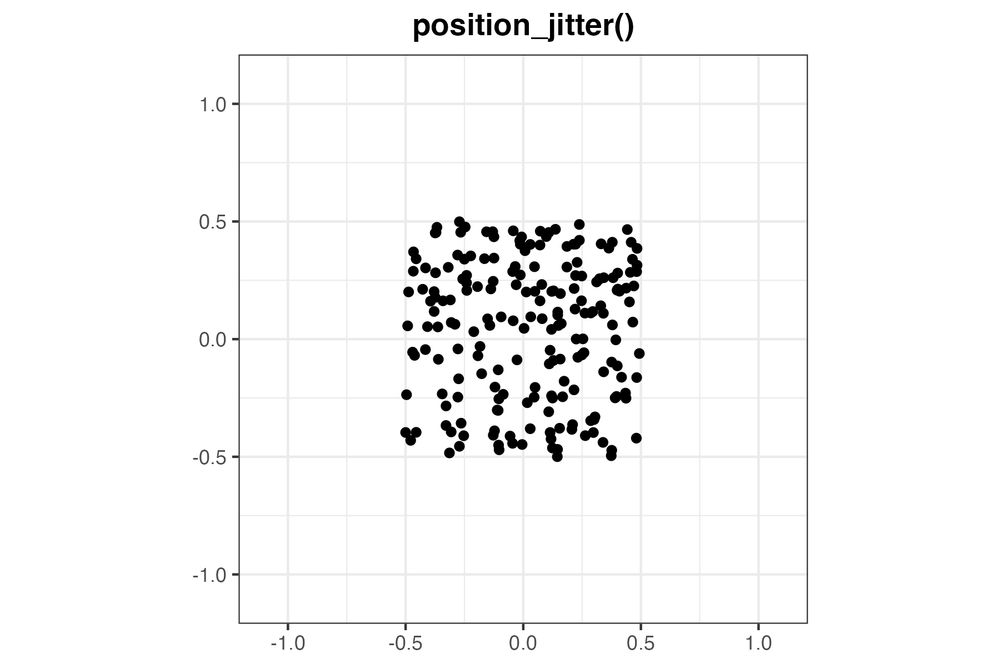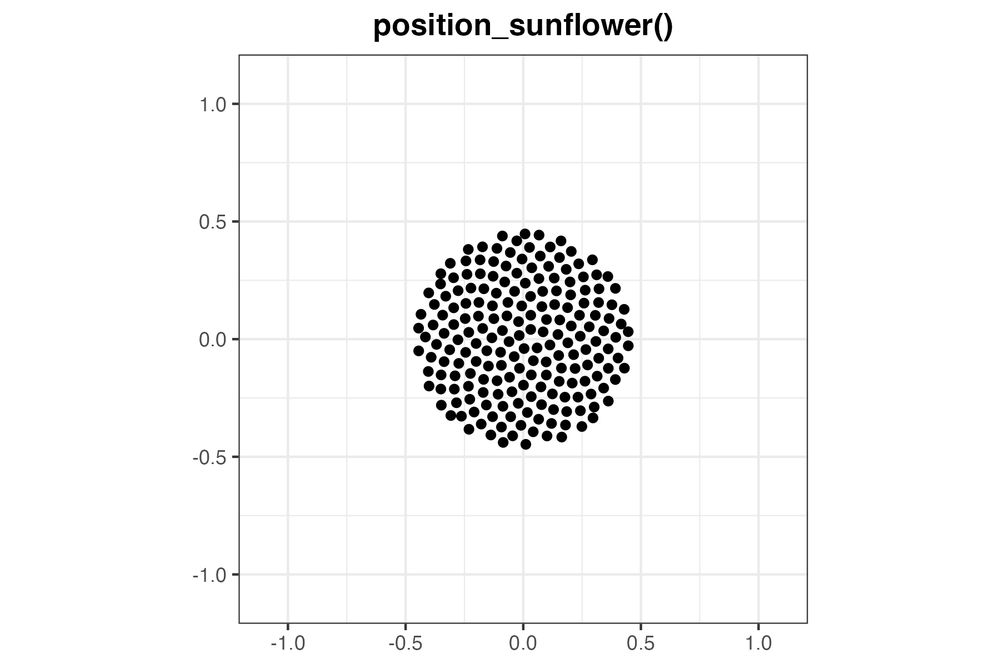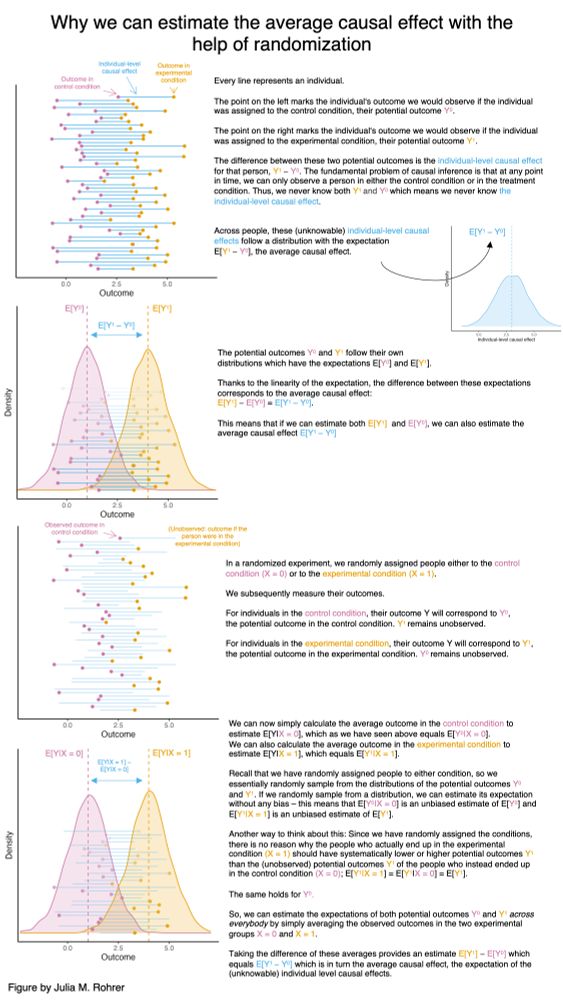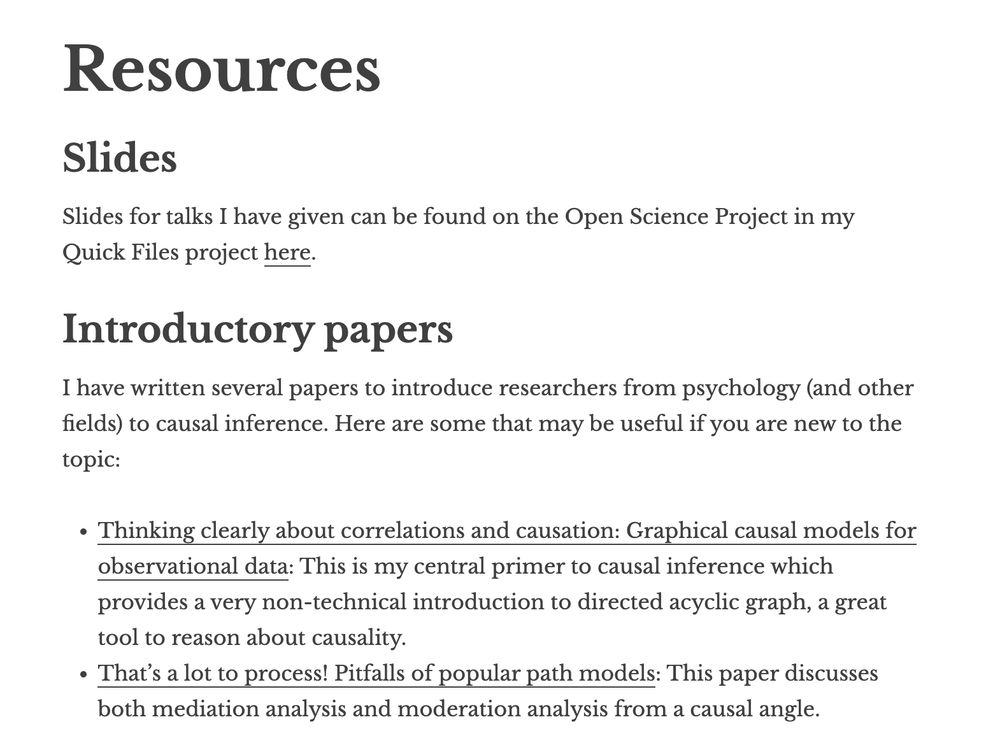Olaf Borghi
@olafborghi.com
420 followers
1.4K following
22 posts
Researching the political mind and how political beliefs develop 🧠 Doctoral candidate in the MSCA Network ippad.eu & Centre for the Politics of Feelings - @rhulpsychology.bsky.social 👥 Previously research assistant @univie.ac.at 🐕
Posts
Media
Videos
Starter Packs
Pinned
Olaf Borghi
@olafborghi.com
· Jul 2
Olaf Borghi
@olafborghi.com
· 28d
Reposted by Olaf Borghi
Reposted by Olaf Borghi
Reposted by Olaf Borghi
Reposted by Olaf Borghi
Reposted by Olaf Borghi
Olaf Borghi
@olafborghi.com
· Jul 2
Reposted by Olaf Borghi
Lisa DeBruine
@debruine.bsky.social
· Jul 2
Reposted by Olaf Borghi
Manos Tsakiris
@mtsakiris.bsky.social
· Jul 1
Olaf Borghi
@olafborghi.com
· Jul 2
Olaf Borghi
@olafborghi.com
· Jul 2
Reposted by Olaf Borghi
Julia M. Rohrer
@dingdingpeng.the100.ci
· Jun 18
Reposted by Olaf Borghi
Dr Lucy Foulkes
@lucyfoulkes.bsky.social
· May 21
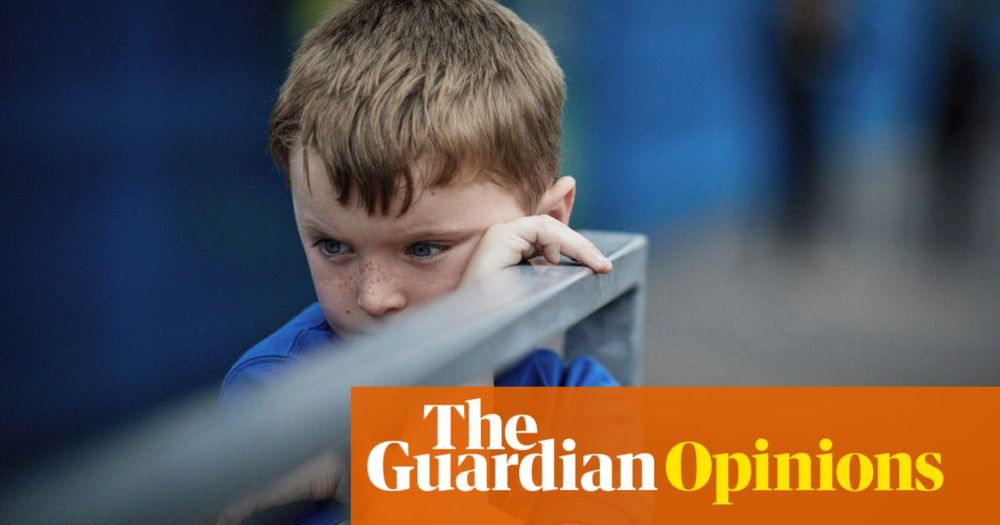
Mental-health lessons in schools sound like a great idea. The trouble is, they don’t work | Lucy Foulkes
All-class therapy sessions don’t help, and may even make matters worse. The evidence shows we need different solutions, says Dr Lucy Foulkes, an academic psychologist at Oxford University
www.theguardian.com
Reposted by Olaf Borghi
Reposted by Olaf Borghi
Reposted by Olaf Borghi
Reposted by Olaf Borghi
Reposted by Olaf Borghi








